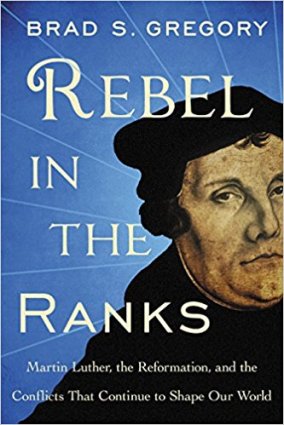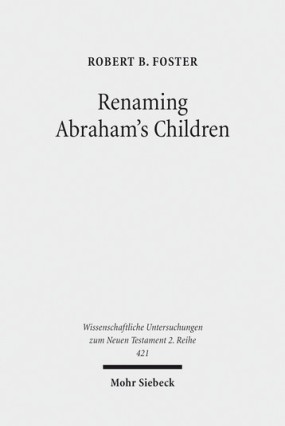 Reading Scripture together, and wrestling with its significance, is a central practice for many Christian communities, especially ones tracing their heritage to the churches that grew out of the Protestant Reformation. “The essential form of the common life,” Ellen F. Davis suggests, “is in the broadest sense a conversation in which members of the community explore and debate the meaning of their sacred texts” (Preaching the Luminous Word, 90). Of course, getting acquainted with the world of biblical scholarship, and seeking to relate to the Bible seriously as both a subject of rigorous, critical study and as a means of encounter with God, can sometimes be a difficult task.
Reading Scripture together, and wrestling with its significance, is a central practice for many Christian communities, especially ones tracing their heritage to the churches that grew out of the Protestant Reformation. “The essential form of the common life,” Ellen F. Davis suggests, “is in the broadest sense a conversation in which members of the community explore and debate the meaning of their sacred texts” (Preaching the Luminous Word, 90). Of course, getting acquainted with the world of biblical scholarship, and seeking to relate to the Bible seriously as both a subject of rigorous, critical study and as a means of encounter with God, can sometimes be a difficult task.
The essays gathered together in Scripture and Its Interpretation: A Global, Ecumenical Introduction to the Bible seek to make the path into the realm of scholarly biblical studies less steep. As Michael Gorman explains in the introduction, the aim is to help readers explore “the breadth and depth of Sacred Scripture,” approaching the text alongside others “from familiar surroundings as well as those from other centuries and locations” (xxii). It seems to me that one of the strengths of this book can in fact be seen in its title, which suggests a frank recognition of the ways in which reading Scripture and engaging in interpretation are always bound up with each other. Continue reading









